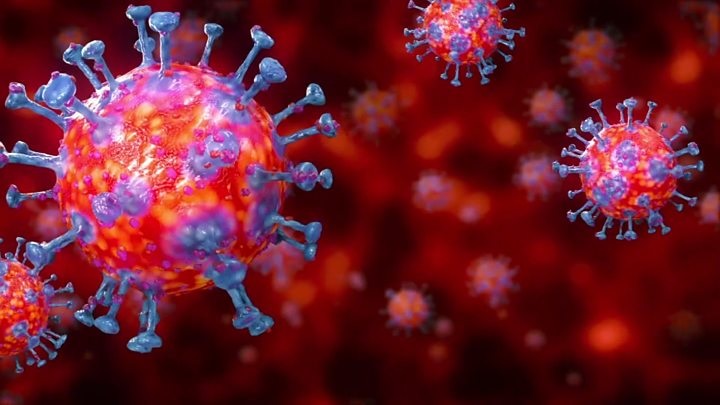Scientists at the University of Ghana’s Noguchi Memorial Institute for Medical Research (NMIMR – College of Health Sciences) and West African Centre for Cell Biology of Infectious Pathogens (WACCBIP – College of Basic and Applied Sciences) have successfully sequenced the genomes of SARS-COV-2 from 15 of the samples obtained from confirmed COVID-19 cases in Ghana.
The cases included six travelers who arrived from the UK (2), USA/UAE (1), Norway (1), Hungary (1) and India (1), as well as 9 individuals without travel history (locally-acquired infections).
The data show that while there were some differences between the strains from the various countries, all the 15 genomes generally resembled (>92% similarity) the original strain that was isolated in Wuhan Province, China, where the outbreak began.
A release by the Institute stated that the successful establishment of the sequencing is a significant milestone in Ghana’s response to the pandemic, as it will enable the tracking of the evolution of the virus (mutations) and also aid in the tracing of the sources of community infections in people with no known contact with confirmed cases.
In line with global open access practices, the sequence data have been deposited in the Global Initiative on Sharing All Influenza Data (GISAID) database, where all other sequences from around the world have been stored (https://nextstrain.org).
“The University of Ghana is proud to note that this feat was achieved entirely by local scientists using established local capacity including our Next Generation Sequencing (NGS) Core and High Performance Computing system (HPC aka Zuputu), which are jointly managed by NMIMR and WACCBIP, with support from University of Ghana Computing Systems.
The University of Ghana would like to express our gratitude to the government of Ghana, and all the funding agencies that have provided grants to support the operations of our two flagship centres of excellence for biomedical research, ” it noted.
By Jamila Akweley Okertchiri


